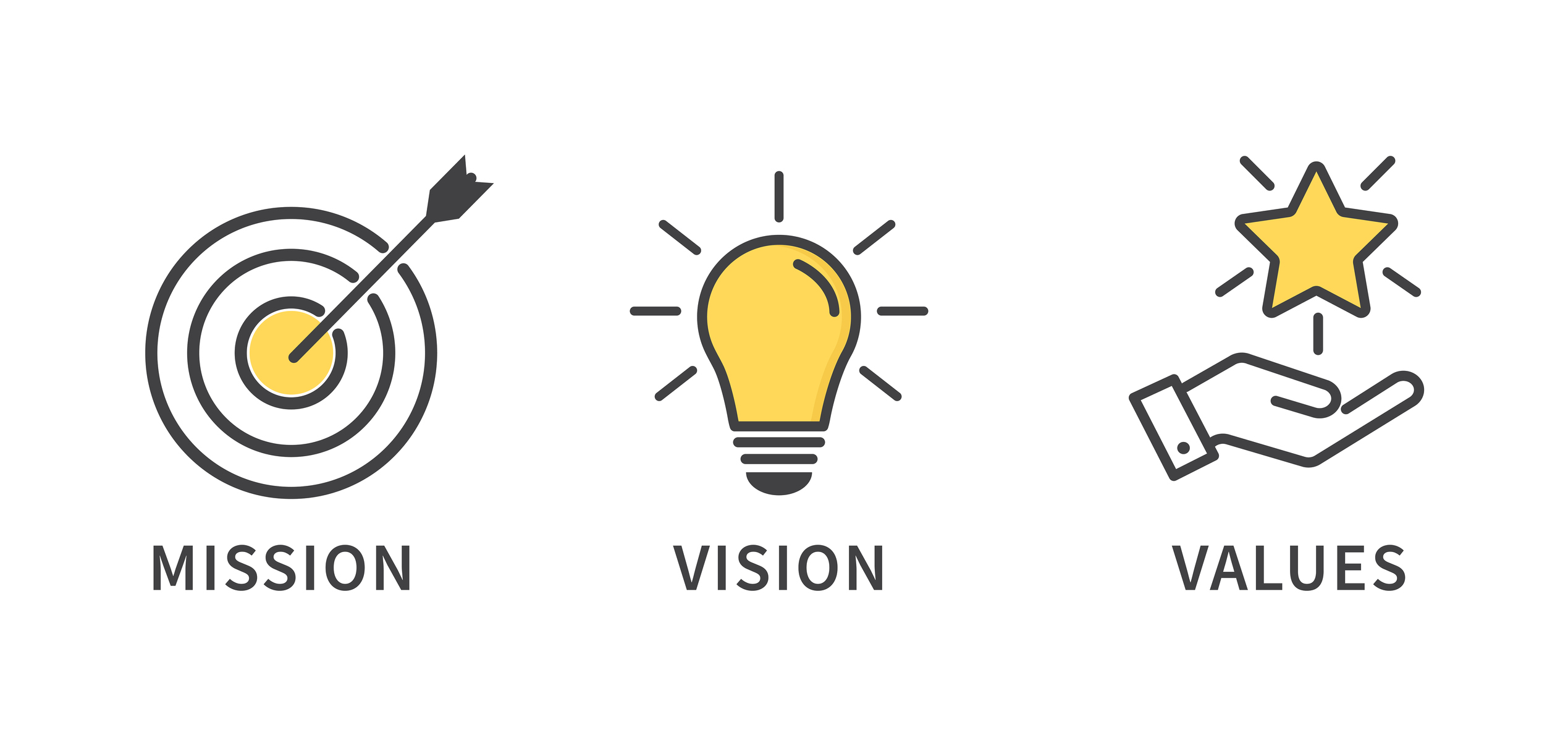Vision and Mission for H&S
"Empowering minds, shaping futures — Priyadarshini College is where learning meets purpose."Vision of the Department
To empower students with a strong foundation in basic sciences and humanities, developing their analytical, communication, and problem-solving skills to support engineering education and contribute to holistic personal and professional growth.
Mission of the Department
-
To provide a robust knowledge base in Mathematics, Physics, Chemistry, and English to strengthen engineering fundamentals.
-
To encourage innovative teaching methodologies that enhance logical thinking, scientific temperament, and effective communication.
-
To promote ethical values, team spirit, leadership qualities, and social responsibility for holistic development and lifelong learning.
Programme Outcomes (POs)
-
Engineering Knowledge: Apply knowledge of mathematics, basic sciences, and engineering fundamentals to solve complex engineering problems.
-
Problem Analysis: Identify, formulate, and analyze engineering problems using engineering principles, research literature, and data to reach substantiated conclusions.
-
Design and Development of Solutions: Design solutions for electrical and electronics engineering problems that meet public health, safety, and environmental considerations.
-
Conduct Investigations of Complex Problems: Conduct research, design experiments, and interpret data to draw valid conclusions for engineering problems.
-
Modern Tool Usage: Apply appropriate techniques, tools, and software for the analysis, simulation, and implementation of electrical and electronic systems.
-
The Engineer and Society: Assess the impact of engineering solutions on society, health, safety, legal, and cultural issues.
-
Environment and Sustainability: Develop sustainable engineering solutions while understanding their impact on society and the environment.
-
Ethics: Practice engineering professionally and ethically, adhering to established codes of conduct.
-
Individual and Team Work: Work effectively as an individual or team member/leader on multidisciplinary engineering projects.
-
Communication: Communicate effectively with engineering peers and society, prepare reports, give presentations, and receive and give clear instructions.
-
Project Management and Finance: Apply engineering and management principles to manage electrical and electronics engineering projects.
-
Life-long Learning: Recognize the need for continuous learning to keep up with rapid technological changes.
Programme Educational Objectives (PEOs)
-
PEO1: Strengthen their foundation in mathematics, sciences, and communication to support engineering learning.
-
PEO2: Develop critical thinking, logical reasoning, and analytical skills to solve real-world engineering problems.
-
PEO3: Cultivate effective communication, teamwork, ethics, and leadership for personal and professional success.
-
PEO4: Foster a sense of responsibility toward society and sustainability, encouraging continuous self-improvement and lifelong learning.
Programme Specific Outcomes (PSOs)
-
Problem Solving: Develop the analytical and communication skills needed to understand and tackle engineering and scientific challenges.
-
Technical Competency: Build a strong interdisciplinary knowledge base to support their growth in engineering disciplines, higher education, and research pursuits.



